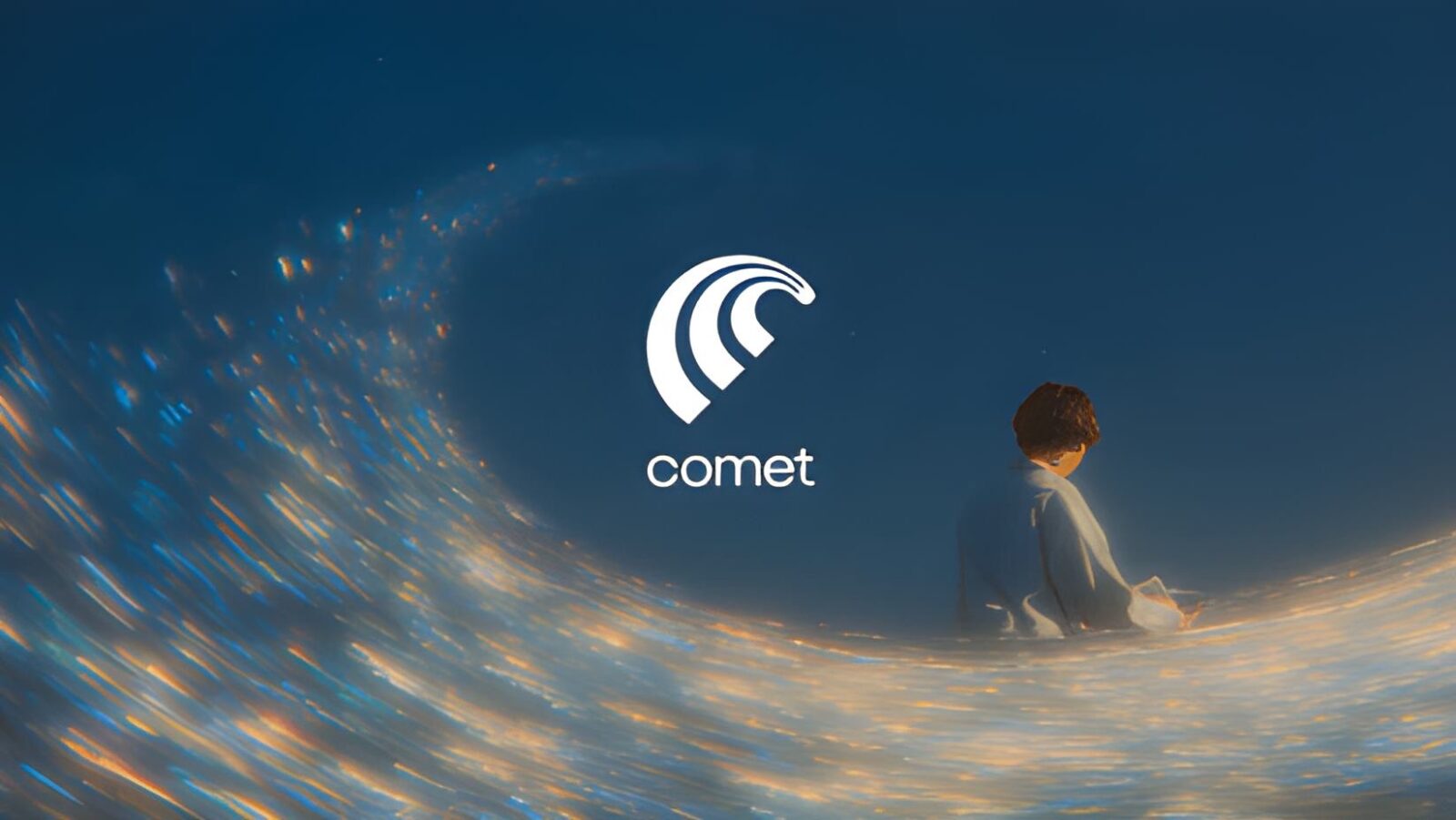Television is a device that allows us to watch moving images and sound on a screen. It has become one of the most popular forms of entertainment and information in the world.
The history of television can be traced back to the early 1900s. In 1927, Philo Farnsworth, a young inventor from Utah, patented the first electronic television system. This system used a beam of electrons to scan an image, which was then displayed on a screen.
In the early days of television, broadcasts were very limited. There were only a few stations, and they only broadcast for a few hours each day. However, television quickly became popular, and by the 1950s, it was a staple in most homes.
The invention of color television in the 1950s further increased the popularity of television. Color television was more realistic and immersive than black-and-white television, and it quickly became the standard.
In the 1970s, cable television began to emerge. Cable television offered viewers a wider variety of programming than broadcast television, and it quickly became popular.
In the 1980s, the home video market began to grow. Home video allowed viewers to watch movies and television shows on their own schedule, and it quickly became a popular way to watch entertainment.
In the 1990s, the internet began to emerge. The internet offered viewers a wide variety of programming, including streaming television shows and movies.
In the 2000s, digital television began to replace analog television. Digital television offers better picture and sound quality than analog television, and it is now the standard for television broadcasting.
Today, television is a ubiquitous part of our lives. It is a source of entertainment, information, and education. Television has had a profound impact on our culture, and it is likely to continue to be a major force in our lives for many years to come.
The Future of Television
The future of television is uncertain. The rise of streaming services and the internet has challenged the traditional television model. However, television is still a popular form of entertainment, and it is likely to continue to be a major force in our lives for many years to come.
Here are some possible future trends for television:
- More personalized viewing experiences: Viewers will be able to choose the content they want to watch, when they want to watch it, and how they want to watch it.
- More immersive experiences: Viewers will be able to interact with the content they are watching in new and exciting ways.
- More social experiences: Viewers will be able to connect with each other and share their experiences around television content.
The future of television is full of possibilities. It will be interesting to see how the medium evolves in the years to come.





